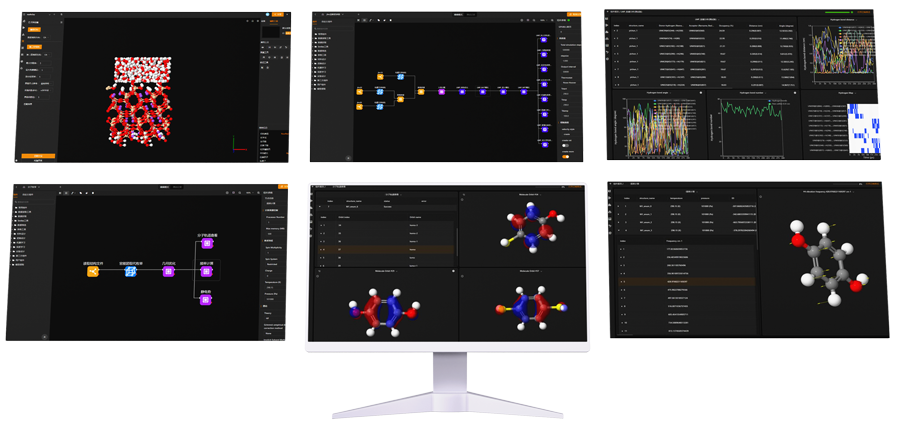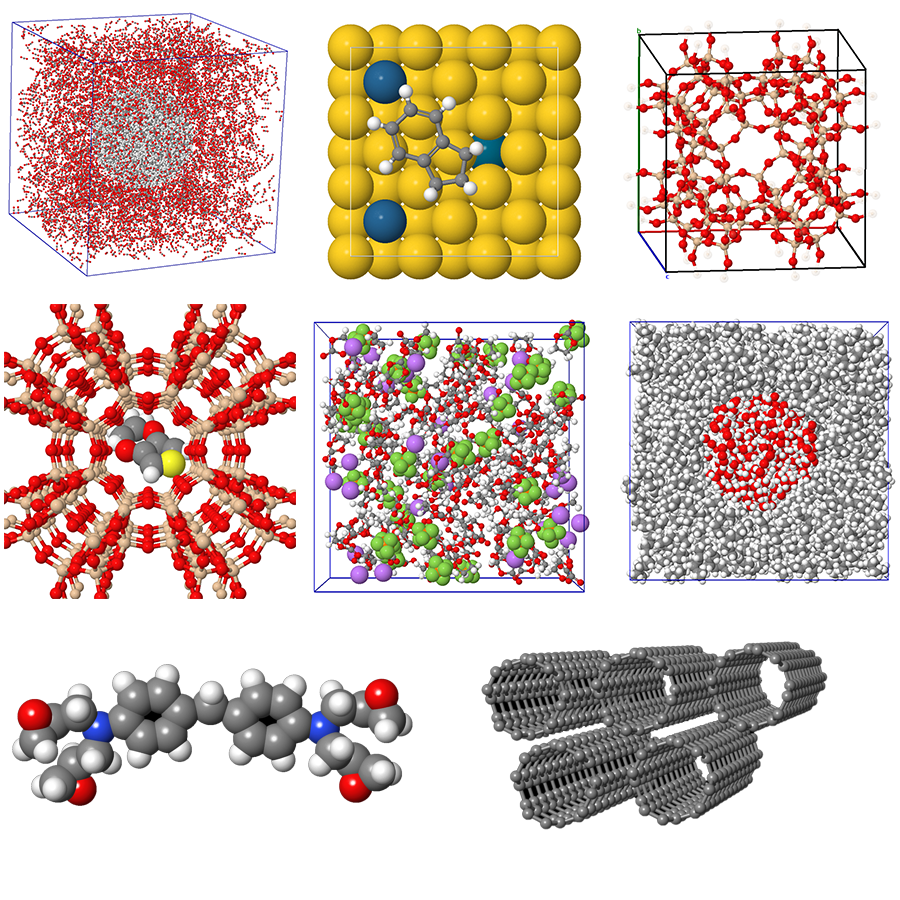
In recent years, the global environmental crisis has escalated to alarming levels, with over 8 million tons of plastic waste entering our oceans annually. This staggering figure underscores the urgent need for innovative solutions in environmental policy-making. One such solution lies in the application of molecular modeling and simulation (MMS), a powerful tool that enables researchers to predict molecular behavior and interactions at an unprecedented scale.
Characteristics of Neotrident’s Approach to Environmental Policies through Molecular Modeling and Simulation

Neotrident exemplifies how molecular modeling and simulation can be integrated into environmental policies by focusing on several key characteristics:
Find more about Laboratory Animal Management software.
- Predictive Capabilities: By utilizing MMS, Neotrident can forecast the impact of various pollutants on ecosystems before they occur, allowing policymakers to implement preventive measures effectively.
- Molecular-Level Insights: The detailed understanding gained from MMS helps identify specific chemical interactions that contribute to environmental degradation, enabling targeted interventions.
- Sustainable Material Development: Through simulations, Neotrident is able to design eco-friendly materials that minimize harmful emissions during production processes while maintaining performance standards.
- Crisis Management Strategies: In scenarios involving hazardous spills or contamination events, MMS provides critical data for rapid response strategies based on simulated outcomes under varying conditions.
- Ecosystem Restoration Models: Using advanced simulations allows Neotrident to model restoration efforts’ potential effectiveness across different environments, guiding resource allocation efficiently.
A Conclusion on the Impact of Molecular Modeling and Simulation in Environmental Policy Making
The integration of molecular modeling and simulation into environmental policies represents a transformative approach towards addressing ecological challenges. As demonstrated by Neotrident’s initiatives, these tools not only enhance predictive accuracy but also foster sustainable practices within industries. Moving forward, it is imperative for policymakers worldwide to embrace MMS as a cornerstone in developing effective strategies aimed at mitigating environmental impacts while promoting sustainability.

